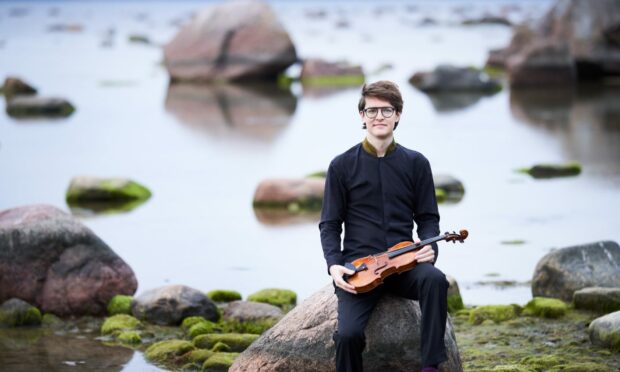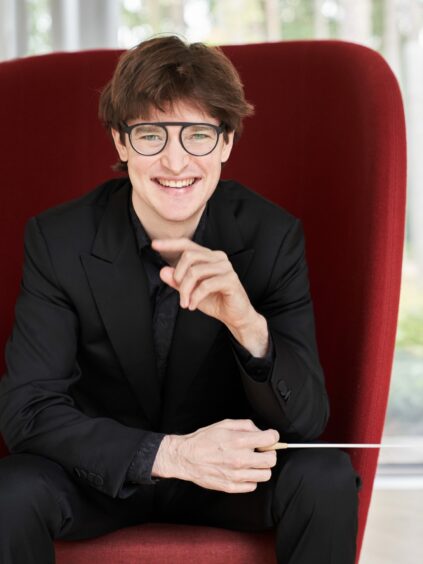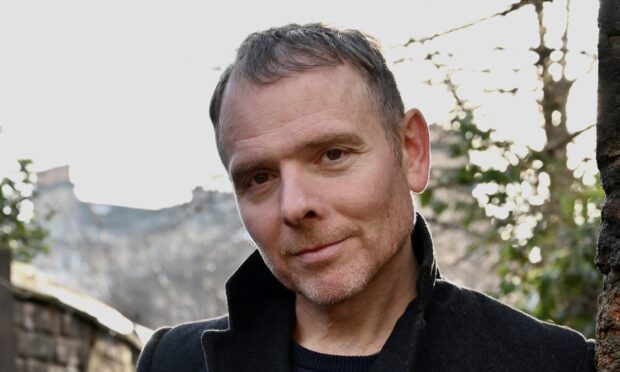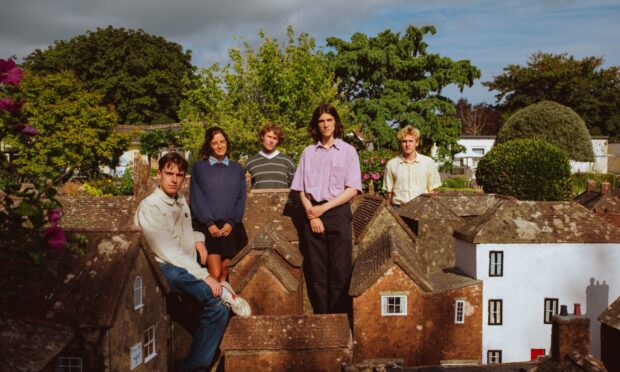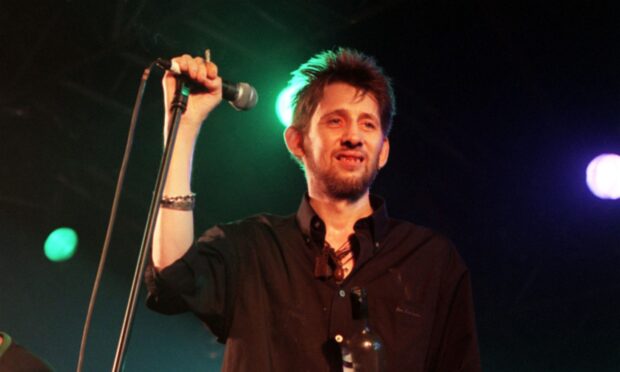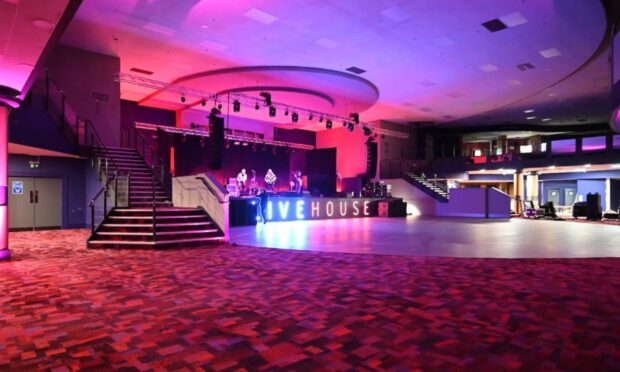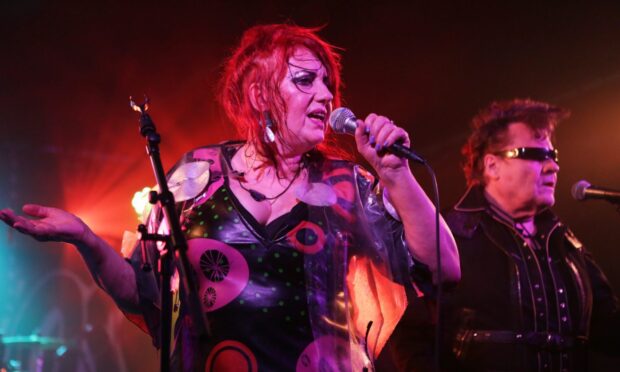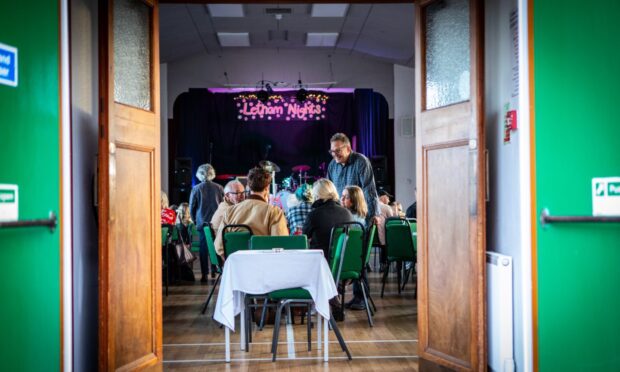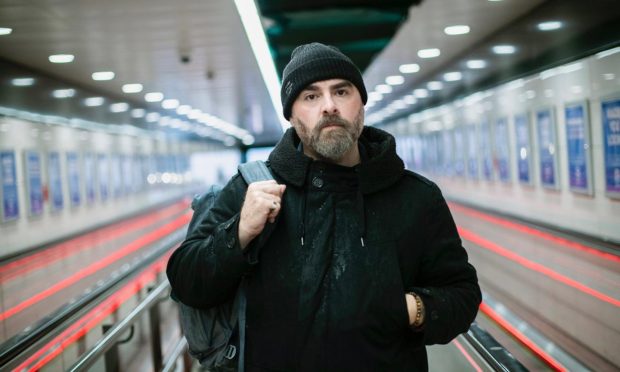When the phrase “an American road trip” is mentioned, one immediately thinks of a journey down Route 66 or an east to west Greyhound bus marathon. But – and this comes as no real surprise – the Scottish Chamber Orchestra think differently. Or, to be precise, musically.
But then you see Stravinsky in the line-up of composers, and you think “what’s this all about?”. Then reality dawns and you find yourself in a typical imaginative SCO programme and one quite fitting to the marvellous acoustic of Holy Trinity Church, St Andrews.
Stravinsky’s chamber concerto Dumbarton Oaks fits perfectly into the equation, a work written in his neo-classical style for a wealthy Washington DC couple. Such a well-known work dovetailed beautifully with two other “made in the USA” classics, Copland’s Appalachian Spring and Samuel Barber’s sumptuous Adagio for Strings. A late change of programme meant the addition of a Philip Glass string symphony. This was the quartet on show. A winning one on paper, but was it one in reality? One of the great rhetorical questions, because there is always one answer when the DSCO are involved. It was perfection personified.
The concert was titled “America, The Beautiful”, but the concert was more than that. It was both dazzling and intimate, effervescent and ethereal and once more you have to take your hat off to this fabulous ensemble who make chamber music on a grand scale seem like child’s play.
What pleased me most was a programme that mixed the well-known with the unknown. The Glass symphony fell straight into the latter category, but this wasn’t the Philip Glass I’m used to, his minimalistic sometimes hard to please early works. This was fully harmonic, with bags full of energy and something that lived up to a sort of neo-classism that begged for more of the same.
Stravinsky’s Dumbarton Oaks was a witty pastiche, reverberating with rhythm and, I have to say, quite a lot of fun. There was a brief nod or two the Baroque era, but you won’t remember this performance for that. You’ll remember conductor Hugo Ticciati and the SCO for a superb interpretation.
The third work in the programme was Barber’s famous Adagio, the string orchestra arrangement of the slow movement of his Op 11 string quartet. This moving work can be identified with moments of great emotion, but Ticciati’s request that this performance would be in memory of those suffering in the Ukraine crisis gave it extra poignancy. The further request of no applause was even more emotionally significant.
This trans-Atlantic trip ended in rural Pennsylvania, courtesy of Copland’s ballet music Appalachian Spring. Rustic sounds from the woodwind coupled with the warmth and expansiveness of the strings took you there in a trice, with Ticciati’s direction exploring every nuance.
All in all, it was a trip to the States that was on a first-class ticket from start to finish. And it was an extremely enjoyable trip at that.
